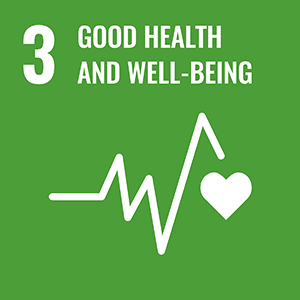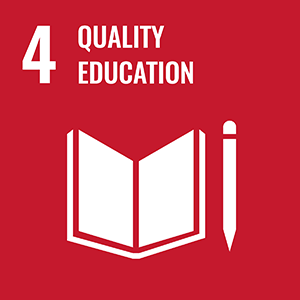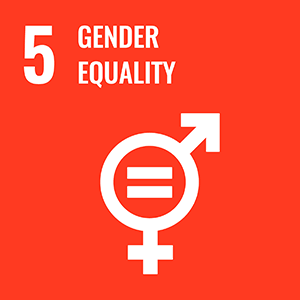CP - North – Living life with cerebral palsy in the Nordic countries
CP - North

CP - North: Living life with cerebral palsy in the Nordic countries is a research project involving all five Nordic countries.
Cerebral palsy (CP) is an umbrella term for several non-progressive, but often changing, motor impairment syndromes. The syndromes are secondary to a one-time lesion of the brain in the early stages of development, often caused by a cascade of events. Apart from motor problems the lesion causes additional impairments such as specific learning disorders, difficulties with functional vision, pain, and epilepsy. The complex and heterogeneous disability in cerebral palsy demands special attention for the individual with CP, and a multidisciplinary, multidimensional approach with active family involvement is essential. The disability is lifelong, with painful and musculoskeletal complications often worsening over time, resulting in reduced participation in society.
CP-North: Living life with cerebral palsy in the Nordic countries is a research project involving all five Nordic countries. Through interdisciplinary research based on different registers we aim to explore how living with CP affects health, quality of life, education, labor market outcomes, socioeconomic status, and mortality throughout the lifespan of the individual with CP and his/her family. We will also investigate if these effects differ between genders and within and across the Nordic countries (Sweden, Norway, Denmark, Iceland and Finland).
The register base in CP-North is a national quality register called the Cerebral Palsy Follow-Up Program (CPUP), which is used in Sweden, Norway, Denmark and Iceland. CPUP is a clinical tool aiming to prevent secondary complications in CP, like for example hip dislocations, scoliosis and pain. Finland is the only Nordic country where CPUP is not in use, and will in this study stand as a control. Additionally to the CPUP registers, other national registers will be used as well as to a lesser extent new completed data collection.
The data in this study will be based on one of the largest databases concerning information on children with CP and their families throughout the lifespan, and address a large evidence gap. By this Nordic register-based collaboration we intend to significantly increase the knowledge of how persons with CP, a rare, yet highly complex and lifelong disability, are affected at the individual, family, and societal level. The new information gained can be used to guide individual country’s practices and policies by providing much needed evidence.
Sustainable development goals



